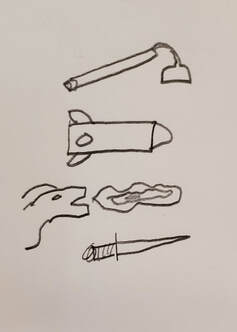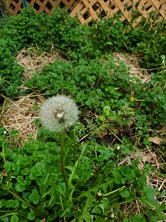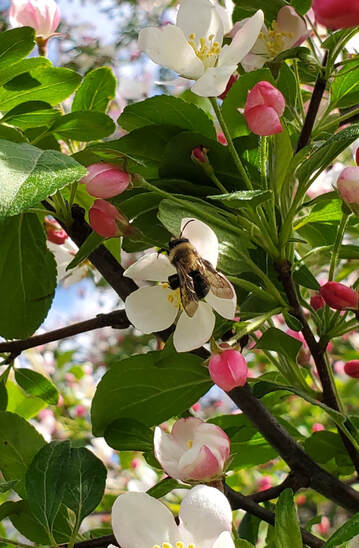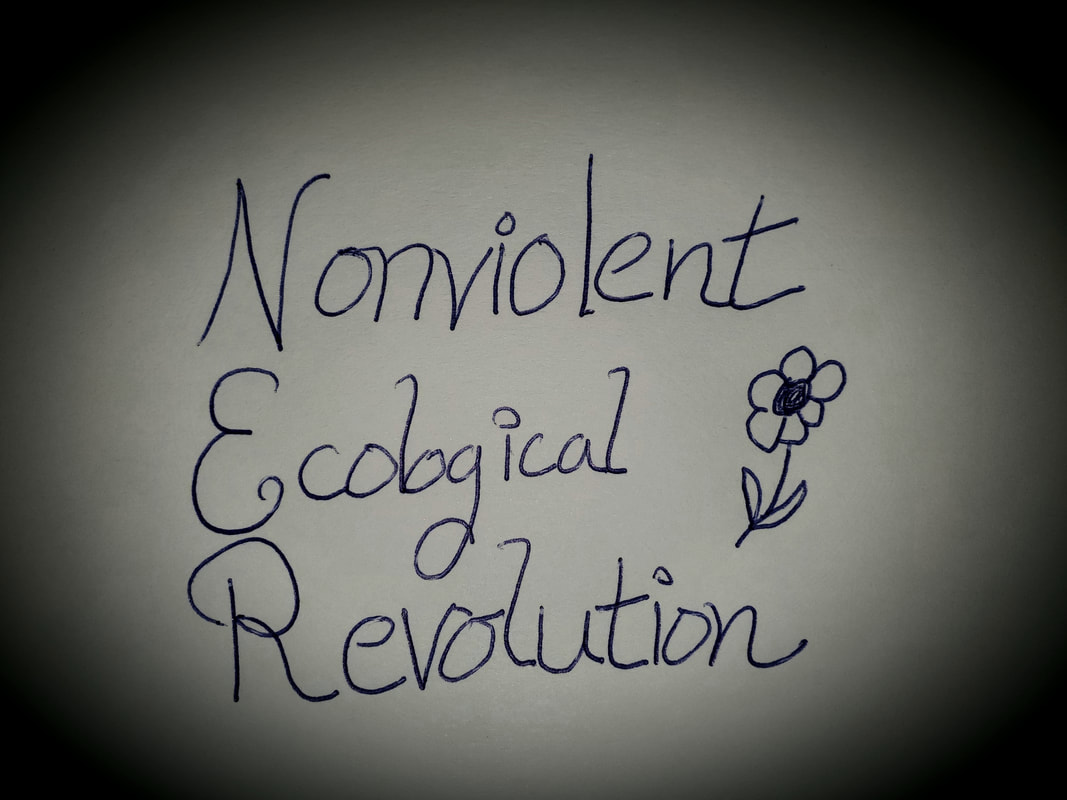
As someone who began reading the Song of Ice and Fire series in the early 2000s when I was working at B. Dalton in the Monroeville Mall, I can probably be considered an early adopter; even though three of the books had already been released. I read Feast for Crows in 2005 and Dance with Dragons in 2011 when they were released—and they were already disappointing, having split the characters into two separate tomes. But the first three books of the series are as well written as anything in the genre. There have been many critiques of Game of Thrones, such as Zizek’s critique of it as anti-Revolutionary and anti-feminist. So why another? George R. R. Martin has long said the series is a metaphor for climate change: ‘“The people in Westeros are fighting their individual battles over power and status and wealth. And those are so distracting them that they’re ignoring the threat of ‘winter is coming,’ which has the potential to destroy all of them and to destroy their world.”’
But, as a metaphor for climate change, the Game of Thrones TV series has failed.
Martin suggests, which is reinforced many times in the books and shows, that the real threat are the Others ("White Walkers" in the show), which act for destruction only, are the result of human failings, and are, in many ways, beyond human control. In this way, they are similar to climate change, which is a destructive process, the result of human failings, and in many ways is beyond our control. In season 8, episode 3, The Long Night (metaphorically long, I guess, but only around the same length as a normal night), Arya Stark stabs the Others’ leader, the Night King, ending their threat to humanity. This will obviously not work for climate change, which has no heart to be stabbed.
There are many characters (including Jon Snow and Cersei Lannister) that make good metaphors for traditional warfare, which destroys and displaces millions of lives. Daenerys might represent nuclear war, an destructive practice that only governments and businesses consider good/profitable. And threats of nuclear war are mostly relegated to the 20th Century. In contrast, Arya represents the modern drone strike, which can destroy quickly and unexpectedly; often killing people before they realize death has already happened. But we won’t be saved from climate change by high tech warfare of either sort; Dany's dragons or Arya's assassinations. We won’t be saved from climate change by technological innovation alone. We won't technologize ourselves out of the problem with Valyrian steel or increased plastic use.
So, how will we solve the climate change challenge while also not increasing other ecological crises (crises like water pollution, species collapse, and e-waste)? I recommend relocalizing, decarbonizing, and rerooting.
- Fundamental relocalization of our economic activities: We cannot keep shipping food, toys, and other consumables around the globe, pretending each shipment doesn’t have fuel and ecological cost. Local economies have suffered while the ethereal “global” economy has thrived (represented by a larger-than-ever stock market). Local economies are where actual human beings make actual livings.
- Recarbonizing the soil: Our use of fossil fuels during the last two centuries is the root cause of climate change (though an argument for eating less meat can also be made). Much recarbonizing work can be accomplished through farming practices, such as no-till (since tilling releases trapped carbon back into the air). However, everybody lives somewhere, and if we grow plants (plants capture carbon and put them into the soil), gardens for food and beauty, especially using no-till methods (cover cropping, or the Ruth Stout method, or various permaculture designs), we are doing a small part in decarbonizing the soil, while removing some part of our food from global shipping industry.
- Rerooting our lives: A lot of travel (in the case of my scholarly work, flight for conferences) can be accomplished by car rather than airplane. Jets are not a fuel efficient way to get from here to there. This may mean moving closer to home, wherever that is, to lessen family travel. Rerooting may mean taking vacations that are closer to home. But I also mean more when I suggest we reroot. When we reroot, we connect our lives to our family histories, our community, our local, lived cultures rather than industrial, purchased cultures.
These three activities—relocalizing, recarbonizing, and rerooting—are the revolutionary work those of us living in highly industrialized, modern nations. We are fighting for our survival on Mother Earth; often against the forces of global industries in bed with governments. We cannot make this change on a global scale, because globally no individual, no family, no community matters. Global institutions are just too big to account for the care of one, the small, the local. But we have to wage our fight in countless localities, understanding that we also have webs of hyphae, connecting us to countless other actions to protect specific places. The revolution is not directed from the top by a CEO or emperor, nor by an easily corrupted vanguard.
How would Game of Thrones ended if it were a truer metaphor for climate change? There is some hint of a possibility in Sandor Clegane’s redemption arc, as a farmer, which began in Season 4. After robbing a farmer and his daughter, Clegane returns later with the Brotherhood Without Banners to find the farmer and daughter dead in their now abandoned house. Clegane buries them in the soil. Ultimately, he gives up his sword for a hoe, meets up with some people trying to exist peacefully and locally, and literally makes his life into the solution—working a piece of land for his and his community’s sustenance. But in the show, when this community is slaughtered, Clegane gives up on this solution and returns to war. He becomes again a force for destruction. Clegane's redemption arc failed with his return to a life of vengeance; a point he recognizes in the penultimate episode of the series. But nonviolent ecological revolution is the only solution that could possibly work. Relocalize; recarbonate; reroot. What if, when Jon calls for more conventional warfare, Dany for nuclear Armageddon, and Arya for precision strikes on the enemy, everybody just refused. Every single person. The Others metaphor for climate change may not work so well in the case of the show; because the solution isn’t any type of glorious or inglorious war, but is simple—relocalize, recarbonate, reroot. Leave those people calling for more destruction. Jon, Dany, and Arya’s solutions are all “mad,” to use the show’s word. And when the Jons, Danys, and Aryas of the world come to us, the people standing on soil, with their plans, we must not cooperate. That is, we put our hands in the soil and grow some peas, so we can actually fix the problem here ... now.
DJS



 RSS Feed
RSS Feed
